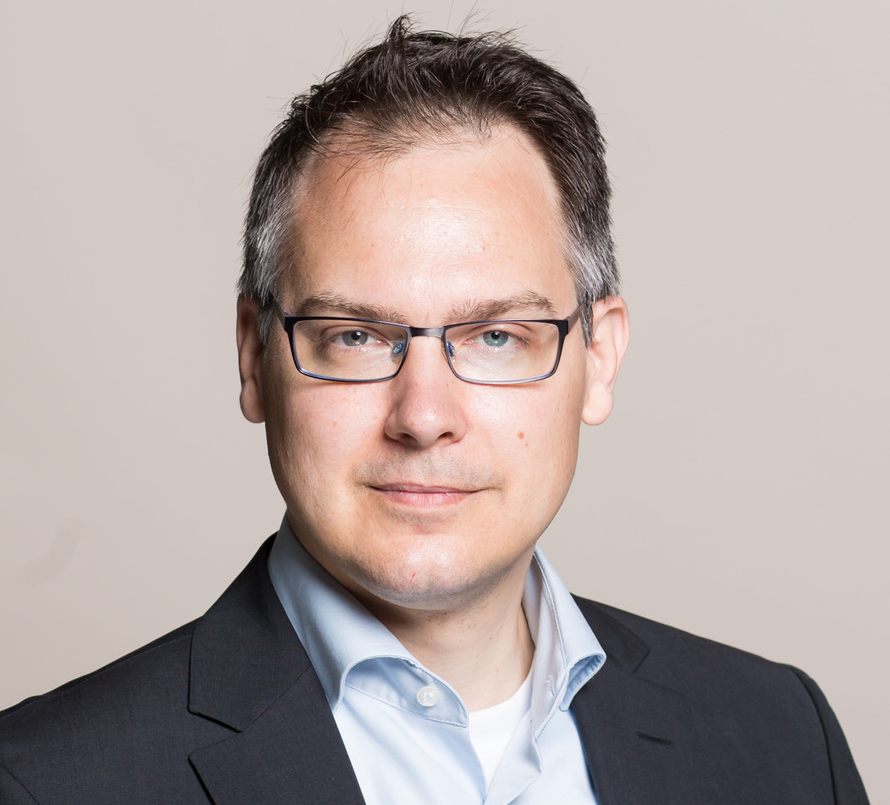Walter Struhal, Neurologist
Research Is A Clinical Physician's Duty
The clinical neurologist Walter Struhal was appointed head of the clinical department of neurology at the university hospital of Tulln (Lower Austria) in 2017 and head of the university hospital of neurology of the Karl Landsteiner Private University (KL) of Health Sciences (alternating with Stefan Oberndorfer, a neurologist at the hospital in St. Pölten) in 2019. To him, “the close collaboration between university and hospital is a huge advantage for physicians who want to do research in addition to their clinical work”. It was therefore not difficult to persuade him to get involved in planning the KL doctoral programme ‘Mental Health and Neuroscience’. “The research-oriented infrastructure shared by the KL and our university hospital creates the basis needed to support young researchers in medical fields,” he strongly believes.
Struhal is a specialist in the autonomic nervous system, which regulates involuntary body functions, such as blood pressure. An imbalance of this system always affects inner organs, leading to a high degree of suffering in the worst cases. The limbic system, which is part of the autonomic nervous system, for instance, controls our emotions. “A malfunction of this system can lead to a disordered regulation of our circulatory system or be reflected in emotional disorders,” the senior neurologist explains. “Emotions, in turn, can be measured through signals sent by the autonomic nervous system.”
Alzheimer's disease is one of Struhal’s research areas. He explains that “40 percent of Alzheimer’s patients also suffer from a disorder of blood pressure regulation.” “Apart from memory loss, another symptom of Alzheimer’s disease is that sufferers are much more prone to falls. It is highly likely that these falls are caused by a poor regulation of blood circulation,” Struhal believes. Stabilising blood circulation in these patients will decrease the number of falls in general. “We are conducting research using modern wearable measuring kits, such as ECG. This could allow us to tailor our supervision of affected patients more closely to their needs and make it more efficient.”
Struhal’s interest in research was sparked when a medical student at the University of Vienna. “I would have loved to study medical informatics, but there was no such field at that time,” he says. He soon decided that as a physician, he wanted to deal with the brain. However, his chosen career path then took a detour when he won a merit scholarship to take part in the space research project Austro-Mir in Moscow. He was supported by Franz Gerstenbrand, his mentor in Innsbruck at the time, who was a prominent space neurologist and founder of coma research in Austria.
His plan was to study computer sciences after earning his Dr. med. degree. However, after completing his dissertation under the supervision of Georg Dorffner, a medical data expert in Vienna, he definitively took the road to the hospital, as he puts it. And he took his enthusiasm for research work with him. “Understanding the basic patho-physiological principles of diseases is just as important as successfully treating patients,” Struhal argues. “The KL doctoral programme ‘Mental Health and Neuroscience’ will interlink university hospitals in Lower Austria and the KL to research these principles and thus feed into the training of our future researchers.”
Link to the KL research information system KRIS

Prim. Assoc. Prof. PD Dr. Walter Struhal MSc FEAN
Division of Neurology (University Hospital Tulln)




